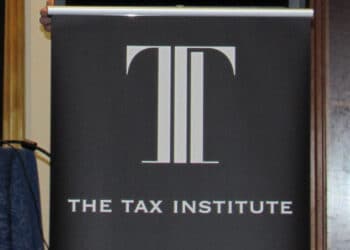The report, the Value of Advice Index, shows that 94 per cent of clients trust their adviser to act in their best interests, with 93 per cent saying their adviser has helped them manage financial risks in their life. Furthermore, nine out of 10 advised clients say the benefits of advice outweigh the costs.
The Index also revealed that recognition of the value of professional financial advice has increased over the past 12 months with significant improvements in the wellbeing of advised Australians across all measures – both financial and non-financial.
The Index compares responses from those who do not work with a financial adviser with those who do, across four key metrics – quality of life, financial confidence, financial satisfaction, and their experience with their adviser.
Over the past year, more Australians say financial advice has improved their situation in those four areas, while unadvised Australians, whose situation is largely unchanged, continue to lag in all areas.
David Sharpe CFP®, chair of the FAAA, said the results show measurable differences between those who navigate their financial journey alone and those who work with a professional financial adviser.
“It is well understood that financial wellbeing is connected with overall health and well-being. The FAAA Value of Advice Consumer Research study makes clear the link between getting quality financial advice and having better quality of life and less financial stress,” he said.
Significantly, the improvement in the Value of Advice Index is consistent across generations, with advised Gen Y, Gen X and Baby Boomer clients all reporting better quality of life, financial confidence, and financial satisfaction, when compared to non-advised Australians.
Unsurprisingly, there are age-based differences in the way Australians want advice to be delivered. Gen Y utilises financial advice services differently to Baby Boomers and are more likely to expect digital engagement, the study found.
In addition, Gen Y are seeking education as well as advice. Those with an adviser are significantly more likely than older generations to describe the advice relationship as a form of self-improvement.
Sharpe said the study busts a number of myths about financial advice including that financial advice is only for the rich.
“The study shows that nine in 10 clients earning $120,000 or less per year who work with financial advisers feel financially secure which is higher than unadvised consumers on the same level of income,” he said.
“Another myth is that financial advice costs more than it is worth. But again, nine in 10 clients say the benefits outweigh the costs.”


